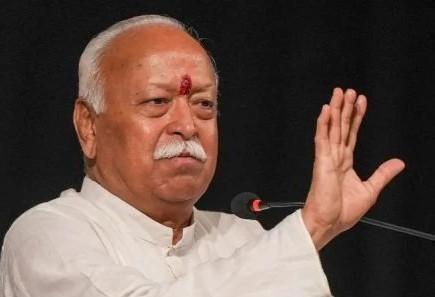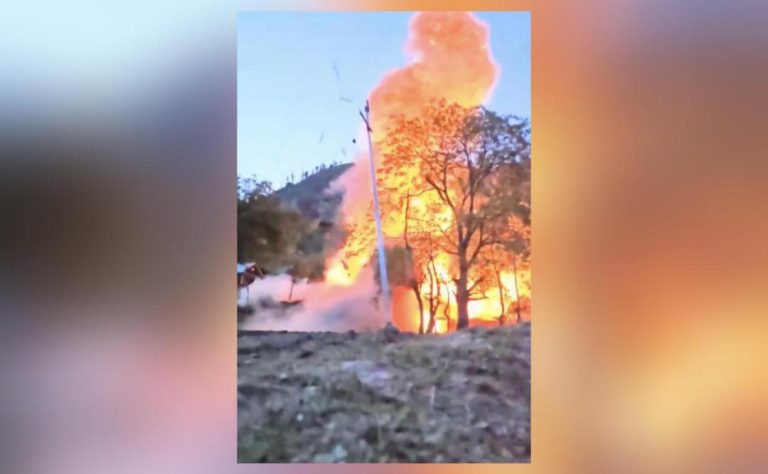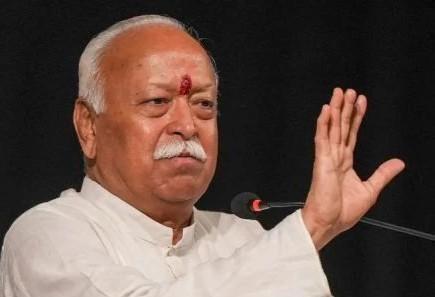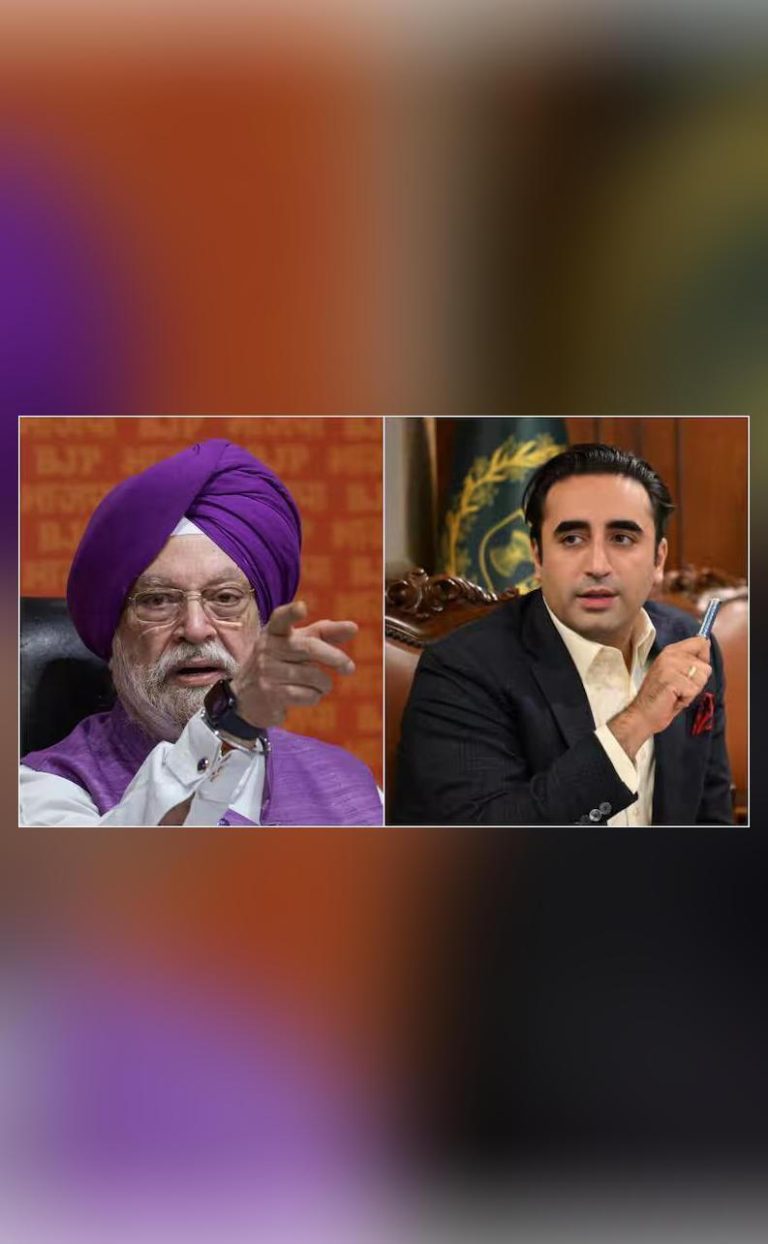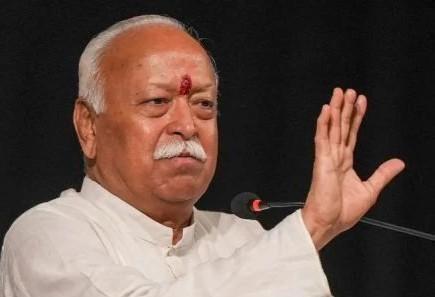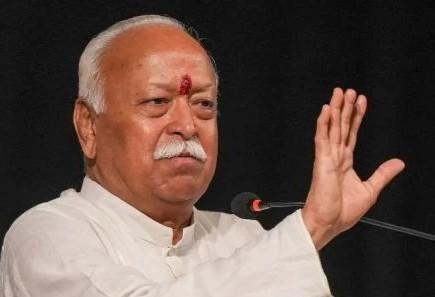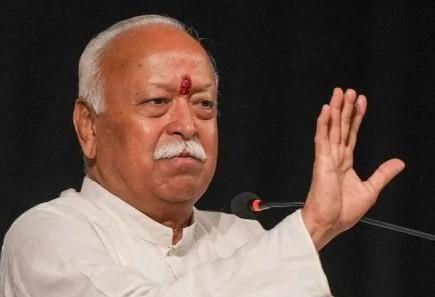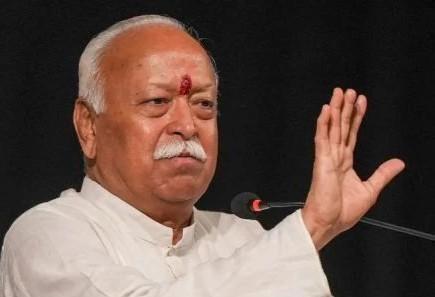
Title: If someone turns to evil then we’ll teach lesson: Bhagwat on J&K attack
Short Description: After the terror attack in Pahalgam, RSS chief Mohan Bhagwat said non-violence is India’s religion, but so is teaching a lesson to “oppressors and hooligans”. “We never harm or disrespect our neighbours, but if someone is bent on being evil, what is the cure? The king’s duty is to protect the people, and he will do his duty,” he added.
The recent terror attack in Pahalgam, Jammu and Kashmir, has left the nation in shock and grief. The attack, which claimed the lives of several innocent civilians, has once again highlighted the need for a strong and effective response to the menace of terrorism. Amidst the chaos and uncertainty, RSS chief Mohan Bhagwat has weighed in on the issue, offering a unique perspective on the situation.
In a recent statement, Bhagwat emphasized that non-violence is indeed India’s religion, but so is teaching a lesson to those who perpetuate evil. “We never harm or disrespect our neighbours, but if someone is bent on being evil, what is the cure?” he asked. “The king’s duty is to protect the people, and he will do his duty,” he added.
Bhagwat’s statement has sparked a heated debate, with many interpreting his words as a call for a stronger response to terrorism. While some have praised his bold stance, others have criticized him for promoting violence and aggression.
However, it’s essential to understand the context in which Bhagwat made these statements. The RSS chief was responding to a situation where innocent civilians had been brutally murdered by terrorists. It’s natural to expect a strong reaction from the authorities, and Bhagwat’s statement reflects that sentiment.
Moreover, Bhagwat’s emphasis on the king’s duty to protect the people is rooted in ancient Indian wisdom. In Hindu mythology, the king is considered the protector of his people, and it’s his duty to ensure their safety and security. Bhagwat’s statement is a reminder of this ancient wisdom, which is still relevant today.
Some critics have argued that Bhagwat’s statement is a departure from India’s tradition of non-violence and tolerance. However, it’s important to note that India has always been a nation that values non-violence and tolerance. Mahatma Gandhi’s philosophy of non-violence is deeply ingrained in Indian culture, and the country has consistently sought to resolve conflicts through peaceful means.
However, the situation in Jammu and Kashmir is unique, and requires a different approach. The region has been plagued by terrorism and violence for decades, and the government has been struggling to find a solution. Bhagwat’s statement is a recognition of the gravity of the situation, and the need for a stronger response to terrorism.
It’s also important to note that Bhagwat’s statement is not a call for violence against all Muslims, as some critics have suggested. Rather, it’s a call for a strong response to terrorism, which is a threat to the lives and security of all Indians, regardless of their religious beliefs.
In conclusion, Bhagwat’s statement on the J&K attack is a reflection of the nation’s commitment to protecting its citizens from terrorism. While some may interpret his words as a call for violence, it’s essential to understand the context in which he made these statements. India will always be a nation that values non-violence and tolerance, but it will also take a strong stance against terrorism and those who perpetuate evil.
News Source: https://youtu.be/SpAKVWl5wII
